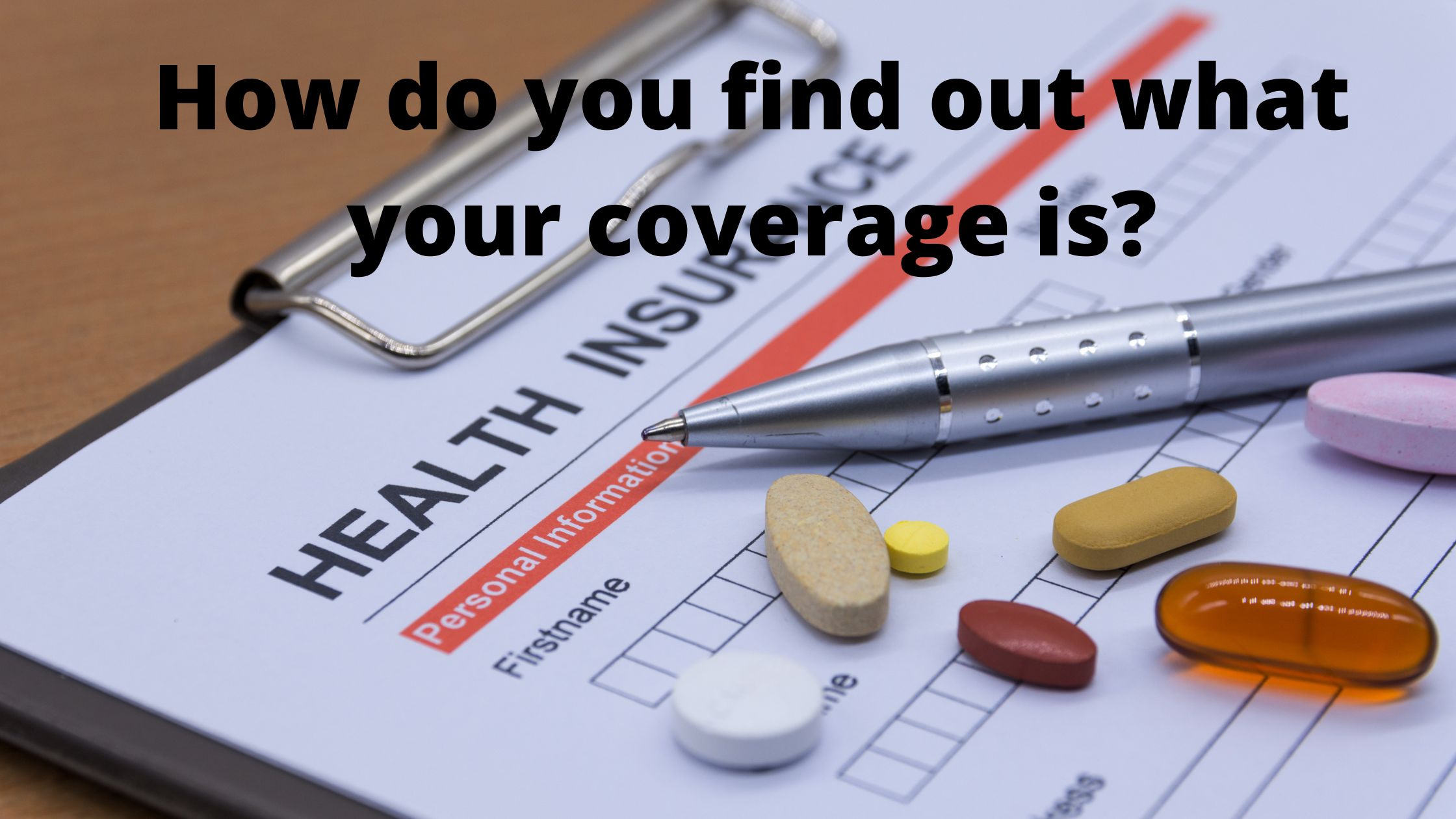You’ve probably heard the saying “you are only as safe as your insurance coverage allows you to be.” And while that may be true, it’s still important to be aware of the types of coverage that are available through your specific policy. In this article, we’ll take a look at some of the most common types of insurance coverage and explain their importance.
What is an insurance policy?
An insurance policy is a contract between an insurance company and the insured. The policy details what benefits the insured is entitled to, as well as the terms and conditions of that coverage. An insurance policy can provide protection from physical damage, property damage, medical expenses, and even death. In some cases, an insurance policy can also provide financial protection in the event of a loss.
What are the different types of insurance policies?
Insurance is a way to protect yourself and your loved ones from the possible consequences of an unforeseen event. There are three main types of insurance: life, health, and property. Each type has its own specific benefits and drawbacks. It’s important to understand the different types of insurance policies in order to choose the right one for you.
Life insurance protects you and your loved ones financially if you die prematurely. The policy pays out a predetermined amount, usually based on your age at death, to your beneficiaries. There are two main types of life insurance: whole life and universal life. Whole life insurance pays out a fixed sum of money every month regardless of how much money you have in your account, while universal life pays out a set amount regardless of your age at death.
Health insurance provides protection from medical expenses should you become ill. Policies can cover everything from routine doctor visits to major surgeries. Health insurance can be expensive, so it’s important to compare rates before buying a policy. There are three main types of health insurance: individual, family, and employer-sponsored. Individual health insurance policies are the cheapest but offers the least coverage, family health insurance policies provide more coverage but are more expensive, and
What does an insurance policy cover?
The most important thing to understand about your insurance policy is what it covers. It’s also important to know what is not covered and understand the exclusions that may apply to your policy. Coverage can be complex, but understanding what is included can help you feel more confident about potential risks and make better decisions about how to protect yourself.
Some of the most common types of coverage include medical expenses, property damage, and loss of income. Each policy has specific exclusions, so be sure to read the fine print before signing up for coverage.
Also, keep in mind that some things are not covered by standard insurance policies. This includes activities that are typically considered personal responsibility such as driving under the influence or operating a motor vehicle while impaired by drugs or alcohol.
Understanding your insurance policy is an important part of protecting yourself and your family, so be sure to ask questions if you aren’t sure what is covered or if there are any exclusions that may apply to your policy.
How do you find out what your coverage is?
If you’re like most Americans, you probably don’t know the specifics of your insurance coverage. In fact, according to a study by Nationwide, only 39 percent of Americans are confident in their understanding of their personal insurance coverage.
That’s why it’s so important to understand what your policy covers – and what it doesn’t. Here are some tips for finding out:
– Start by looking at your policy documents. Most policies include a summary sheet that lists all the coverage options and their respective costs.
– Ask your insurer or agent about specific coverage options. Your agent may be able to provide you with a quote for additional coverage that’s not included in your policy.
– Check with online resources like GoCompare or InsureMe. These websites can help you compare quotes from different insurers and get an idea of the cost of specific coverage options.
What are the benefits of having comprehensive insurance coverage?
Comprehensive insurance coverage is important for a number of reasons. First, it can protect you financially in the event of an unforeseen incident. Coverage can provide reimbursement for expenses such as medical costs, lost wages, and funeral expenses. Second, comprehensive coverage can help you maintain a sense of security during difficult times. Third, comprehensive coverage can protect your assets in the event of a lawsuit or other legal proceeding. Finally, comprehensive coverage can provide peace of mind by providing protection against potential liabilities that may not be covered by other types of insurance.
What are the downsides of not having comprehensive insurance coverage?
Comprehensive insurance coverage includes both your regular car and motorcycle insurance, as well as accidental death and dismemberment (AD&D) insurance. The benefits of comprehensive insurance include the following:
-Peace of mind: knowing that you and your passengers are fully protected in the event of an accident.
-Flexibility: having the option to purchase additional coverage if needed.
-Lower premiums: comprehensive insurance policies typically have lower premiums than those that only cover car accidents or motorcycles.
-Efficient planning: being able to determine what kind of coverage you need and how much it will cost can help you save money on your policy.
However, there are also some downsides to not having comprehensive insurance coverage. These include the following:
-You could face a higher bill in the event of an accident: if you only have limited car and motorcycle coverage, you may be required to pay more out-of-pocket in the event of an accident. This could mean paying for medical expenses, lost wages, and other costs associated with an accident.
-You may not be able to receive full compensation in the event of an accident: if you don’t have AD&D insurance, your passengers may not be
Conclusion
If you’re like most people, you probably don’t know exactly what your insurance coverage is and how it can benefit you. This is especially true if you’re self-employed or work for a company with multiple locations. Understanding your insurance coverage can help to save you money on premiums and cover expenses that might not be covered by your policy. In addition, understanding your coverage can also help to protect you in the event of an accident or injury. So take the time to learn about your insurance policies and see how they could benefit you financially and emotionally.


